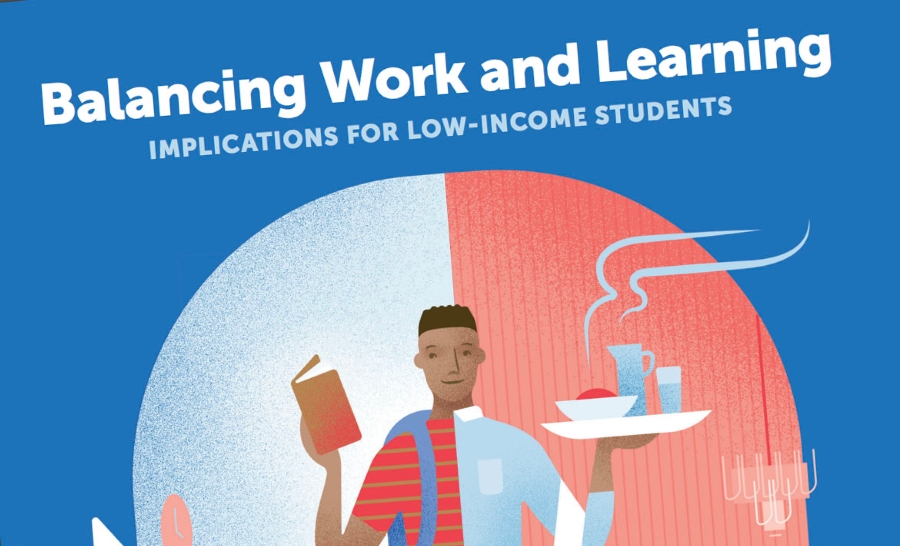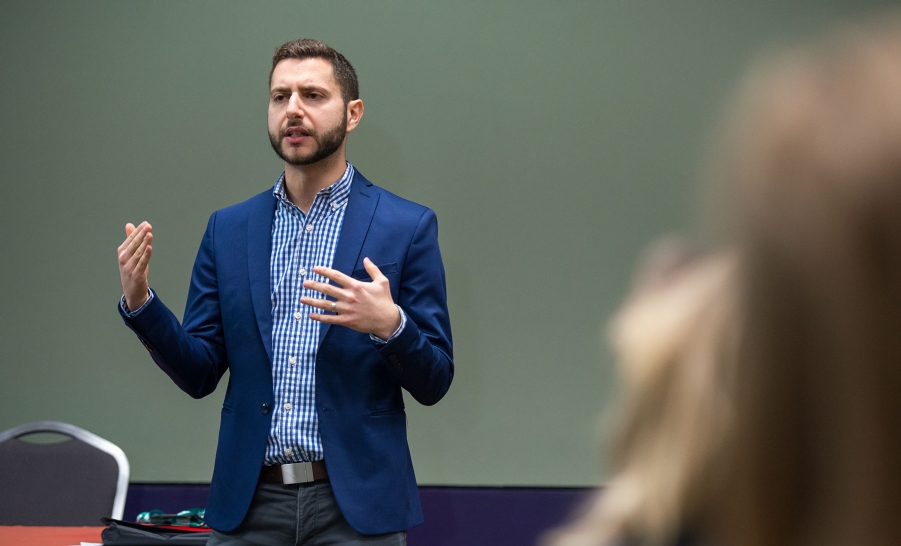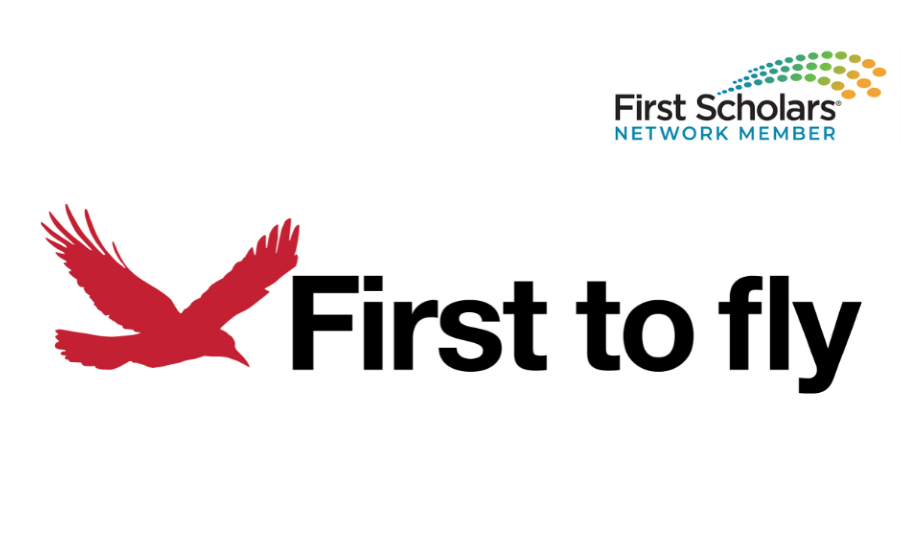Fostering Leadership Development in First-generation Students
Bridgette Behling M.Ed., University of Maryland / FirstGen Forward / August 28, 2019
As college and university educators committed to the development of students, it is our common goal to support college students in their holistic development. We do this because we are committed to their success as individuals and because we strive to best prepare them to graduate and secure a job upon completing college. According to the National Association of Colleges and Employers, the leading organization looking at career development in undergraduate students, of the top five traits employers seek in a candidate’s resume, leadership is number four (2018). Given this, it is important that we as educators of college students provide intentional leadership development opportunities for our students. There are some important considerations to examine when fostering leadership development opportunities for first-generation students.
Many researchers’ publications note statistics about first-generation students’ experiences in college. Susan Choy’s work through the National Center for Education Statistics (2001) states that first-generation students are twice as likely as non-first-generation students to leave four-year institutions before the second-year. Strand’s work also notes that first-generation students tend to work more hours than continuing-generation peers and first-generation students are likely to have significant personal and familial responsibilities and as a result are less likely to participate in co-curricular programs or athletics, and also spend less time studying and interacting with faculty and peers (2013, p.3). This suggests the window to connect first-generation students with opportunities to continue their leadership development while they are in college is narrower than it is with continuing-generation students and warrants intentionality.
Noting this, it is important that college and university educators ask the following questions about leadership development opportunities at their college/university:
-
What is the participation rate of first-generation students in leadership development opportunities, as compared to continuing-generation students at our institution?
Given the statistics noted above, gather institutional data to examine who is participating in your institution’s leadership development programs. Are first-generation students participating at the same rates as continuing-generation students? Knowing who attends empowers you to ensure you are intentionally developing leadership in first-gen students and teaching them to articulate that they have developed skills which can assist them in securing a job upon graduation.
-
How does our institution honor the lived experience of first-generation students when considering leadership skills?
Yosso’s work (2005) discusses six forms of cultural capital:
-
Aspirational: resiliency and ability to nurture hopes and dreams;
-
Linguistic: intellectual and communication skills used when speaking multiple languages;
-
Familial: cultural knowledge modeled among family that create community, cultural intuition and model caring, coping and wisdom;
-
Social: developing networks of people offering emotional support and guidance to navigate systems;
-
Navigational: ability to maneuver through systems often hostile to people of color; and
-
Resistance: knowledge and skills used to challenge inequality and oppression.
First-generation students often bring with them important life experiences that have provided them opportunities to lead in their families and communities. (Examples may include but are not limited to translating legal and medical information for the family which developed their communication, empathy and emotional intelligence; providing financial support for the family at a young age, etc.) How is your institution helping first-generation students recognize that, make meaning from those experiences, and call upon the lessons learned to articulate the leadership skills they bring to the college/university or internship/career opportunity?
-
How is language used at our institution?
When working with first-generation students, it is important to be aware of the jargon used every day in higher education. Many terms used in higher education are foreign to students who come from environments where neither parent graduated from a four-year institution; terms like provost, FAFSA, office hours, Title IX, Student Affairs, Enrollment Management, and more. Dedicate time to explain the meaning of these words. The same is true for leadership educators. Terms such as leadership efficacy, great man theory, servant leadership, and social change theory are just some of the jargon used when discussing leadership.
-
How are leadership development theories presented in our institution’s leadership programs? How often are culturally relevant theories incorporated into leadership development work at your institution? Are leadership theories taught with identity theories in mind? How is cultural capital being taught or is it assumed that all students are familiar with this? What are the racial identities of the authors and theorists used? How are the impacts of race, ethnicity, power and privilege being discussed in your school’s leadership programs? Has your institution considered how some leadership theories will be received by students with marginalized identities? For example: how the term “servant leadership” will be heard and received by students who are descendants of slaves? How is the tenant of citizenship in the social change model taught in respect to undocumented students?
It is important to examine how the theories presented, and the methods through which they are presented influence first-gen students with marginalized identities.
-
Are opportunities maximized to be flexible and intentional in how we continue to develop leadership skills in first-generation students?
If first-generation students tend to participate in co-curricular programs at a lower rate than their continuing-generation peers, it is important to recognize the lived experiences, first-generation students often bring to their college/university. How is your institution recognizing that and building upon that to continue their growth and development? How is space held for that in relation to how leadership development programs are tailored and facilitated? How is your institution connecting them with non-traditional leadership development opportunities and giving them space to practice new leadership skills they develop while attending your college/university?
These five questions offer a starting point to examine your college/university’s leadership programs through a critical lens, recognize the strengths first-generation students bring, and continue to offer them opportunities to learn in a manner that honors their lived experience.
This blog was contributed by Bridgette Behling, former director, Community Support and Leadership at George Washington University. To learn more about George Washington University’s approach, click here.
References:
Strand, K. (2013). Making Sure They Make It! CIC/Walmart College Success Awards Report: Best Practices for Ensuring the Academic Success of First-Generation College Students. Washington, DC: Council of Independent Colleges
U.S. Department of Education, National Center for Education Statistics, Students Whose Parents Did Not Go to College: Postsecondary Access, Persistence, and Attainment, NCES 2001–126, by Susan Choy. Washington, DC: 2001.
Yosso , T. (2005). Whose culture has capital? A critical race theory discussion of Community Cultural Wealth. Race Ethnicity and Education, 8(1), 69-91.



